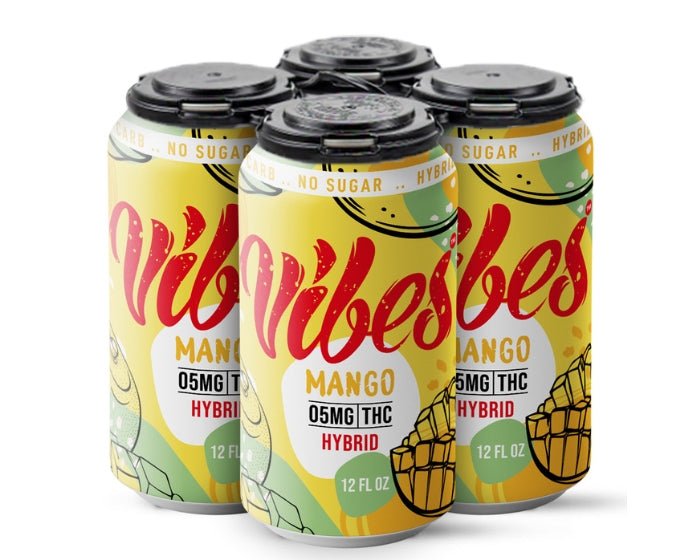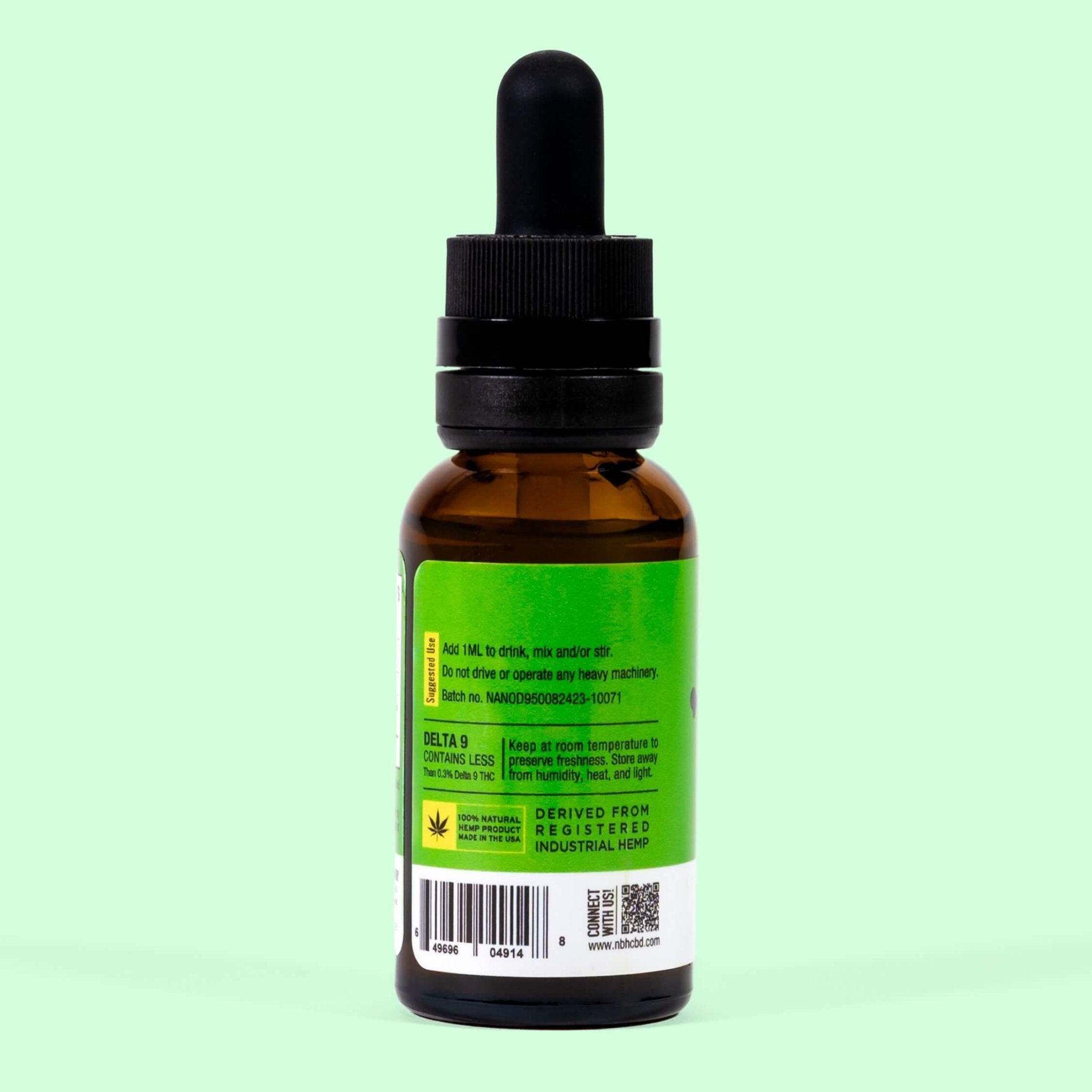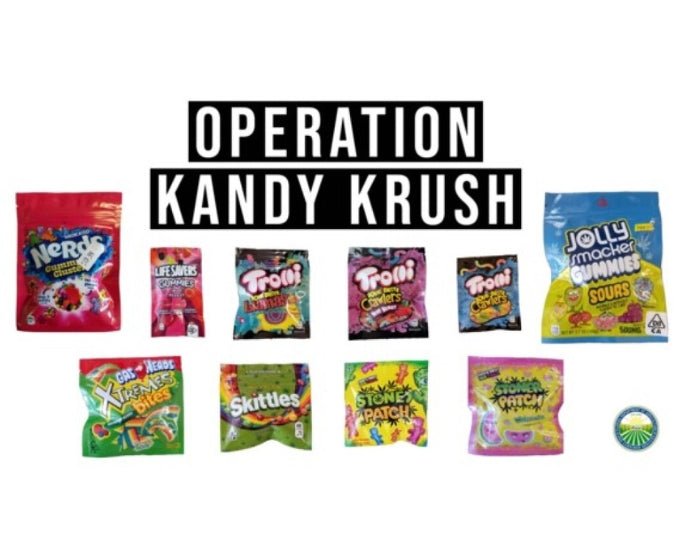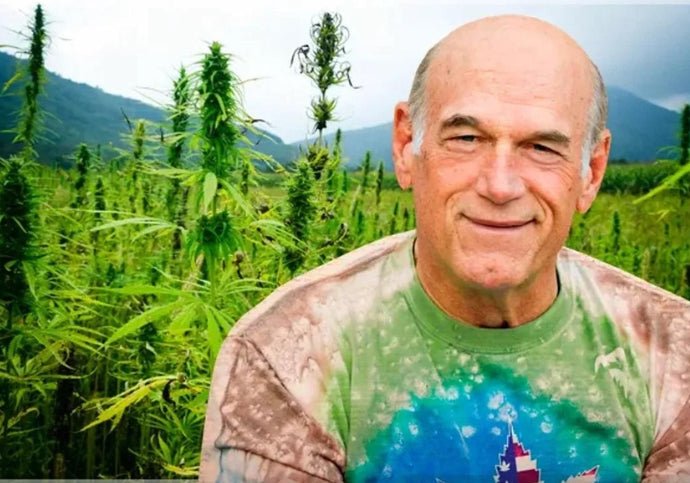The 'Land of 10,000 Lakes' has become the epicenter of the rapidly growing market for the popular hemp-derived products.

It's been quite the week for hemp and cannabis enthusiasts in Minnesota. On Tuesday, the state's new law legalizing adult-use marijuana went into effect, immediately allowing for the possession and consumption of cannabis products by adults 21 and older. In addition, on that same day, the Red Lake Nation Native American Tribe began selling recreational cannabis products to consumers from a new dispensary on its reservation.
With other retail dispensaries set to open sometime next year, the excitement surrounding the new and economically potent cannabis industry is palpable among Minnesotans. However, marijuana flower products are not the only lucrative options for aspiring entrepreneurs looking to enter the imaginatively diverse THC marketplace.
According to numerous local and national media outlets, Minnesota is quickly becoming the fastest-growing market for hemp-derived low-dose THC beverage offerings in the entire country. It is even outpacing sales in Canada and Europe.
With the passage of the 2018 Farm Bill, hemp was removed from the Controlled Substances List, and a new market sector was born. Almost overnight, farmers began cultivating the plant, which led to the manufacturing of new and lucrative hemp-derived products. The low-dose THC beverage is one of the more innovative offerings to emerge from the bill.
With alcoholic drinks becoming less and less popular, particularly among those under 30, consumers are searching for alternatives, including the new wave of low-dose THC beverages emerging all over the United States.
With monthly sales topping over $1 million, Minnesota is reaping these unprecedented financial benefits primarily due to widespread retail access, easing stigmas associated with cannabis and the state's advantageous geographic location.
Minnesota regulators and lawmakers have also contributed to the fantastic success being experienced in the sector currently. By paving a wide path for where these products can sell in the state, including liquor stores, grocery chains, restaurants and other convenience locations, they have enabled these items to proliferate, and customers are flocking to buy the unique concoctions.
In addition, when Governor Walz (DFL) signed the cannabis legalization bill into law this past June, he also ratified a provision legalizing high-producing delta-8 and delta-9 THC derived from industrial hemp. Along with making those hemp derivatives legal, the new law also allows products containing the variants to be widely available to consumers in Minnesota, most notably low-dose THC beverages.
Because of that widespread availability, significant portions of the consumer population, particularly nonsmokers and baby boomers, are entering the sector reserved previously for those individuals seeking to purchase alcoholic beverages only.
One industry insider, Leili Fatehi, partner and principal of Blunt Strategies, a government relations and communications firm in Minneapolis that helped craft the state's cannabis legalization policies, says, "It has exposed an entire state of consumers to the fact that they can purchase these products the same way they can purchase alcohol. And the sky hasn't fallen. If anything, we're seeing that consumers are much more prepared and comfortable engaging in conversations, learning about the products and approaching them safely."
"It has exposed an entire state of consumers to the fact that they can purchase these products the same way they can purchase alcohol. And the sky hasn't fallen. If anything, we're seeing that consumers are much more prepared and comfortable engaging in conversations, learning about the products and approaching them safely."
- Leili Fatehi, Partner and Principal of Blunt Strategies
Much of the painstaking groundwork ultimately responsible for the current success was laid back in the summer of 2022, when Minnesota state lawmakers added a somewhat innocuous amendment to one of its omnibus spending bills legalizing the sale of hemp-derived edibles in mainstream retail outlets, like grocery and convenience stores.
Under that law, which went into effect on July 1, 2022:
- Edibles must contain 5 milligrams or less of hemp-derived THC per serving, or 50 milligrams maximum per package.
- Beverages must contain 5 milligrams or less of hemp-derived THC per serving, or 10 milligrams maximum per package.
That one simple addition to the much larger legislation gave Minnesota a massive head start in capturing the then very young THC beverage market.
"We saw an absolute explosion of our THC beverage market here in Minnesota almost overnight. I won't say it's entirely incorporated into our culture and society, but it's well along the way," said Jason Tarasek, a Minneapolis-based cannabis attorney at Vicente.
"We saw an absolute explosion of our THC beverage market here in Minnesota almost overnight. I won't say it's entirely incorporated into our culture and society, but it's well along the way."
- Jason Tarasek, a Minneapolis-based cannabis attorney at Vicente
According to Fatehi, the 2022 legislation that ignited the low-dose THC fervor demonstrated the commitment of lawmakers and industry stakeholders to prioritize local business opportunities and establish a homegrown supply chain.
"We've gone through great effort to pass a law that creates this very Minnesota business-focused marketplace," she said.
As a result, national brands, including California-based Cheech & Chong's Cannabis Co. and Los Angeles-based Cann, have sought to partner with Minnesota-based brewers in developing their own unique beverage offerings.
However, the news regarding Minnesota's low-dose THC beverage story is not all positive. While there is widely available access to low-dose hemp-derived products across the state, dozens of individual municipalities have enacted measures to hamper business operations.
According to statistics from the Public Health Law Center at the Mitchell Hamline School of Law in St. Paul:
- 80 Minnesota cities and five counties have passed moratoriums related to the sale, testing, manufacturing or distribution of THC products.
- 42 cities and two counties have enacted licensing and sales restrictions.
Despite the bans, the future for low-dose THC beverages in Minnesota is still very bright. Change is a complicated process, and certain individuals and institutions will always attempt to slow down or derail the inevitable march of progress.
However, with a majority of Minnesotans, the state legislature and the governor's office firmly behind the legalization effort, the momentum fueling the expansion of both the legal cannabis industry and the low-dose THC market is undeniable. The door is firmly wide open, and there will be no turning back.








































